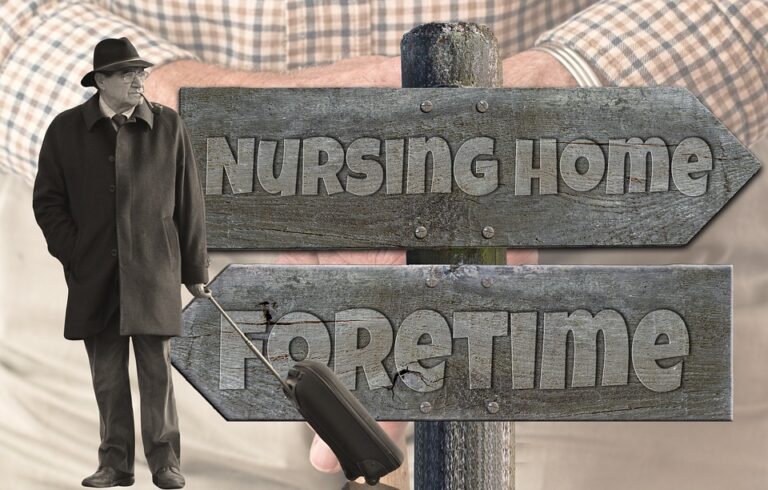Book Appointment Now

Should Nurses Prescribe Medications Without Physician Oversight?
As the demand for healthcare services continues to grow, the role of nurses, particularly advanced practice nurses (APNs), is expanding. One of the most debated topics in healthcare today is whether nurses should be allowed to prescribe medications without physician oversight. Currently, many nurse practitioners (NPs) have limited prescriptive authority, often requiring physician collaboration or supervision. However, some argue that granting full prescriptive authority to nurses in all healthcare settings could increase access to care, reduce costs, and empower nurses to take on a greater role in patient management. This article examines whether nurses should prescribe medications without physician oversight and its potential impact on healthcare delivery.
Get a custom nursing argumentive essay about nurses prescribing medications without physician oversight assignment? ![]()
Should Nurses Be Allowed to Prescribe Medications Without Physician Oversight?
The Case for Granting Full Prescriptive Authority
Increasing Access to Care in Underserved Areas
One of the most compelling arguments for allowing nurses to prescribe medications without physician oversight is the potential to improve access to healthcare, particularly in underserved and rural areas. In many regions, there is a shortage of primary care physicians, making it difficult for patients to receive timely care. By granting advanced practice nurses prescribing rights, healthcare systems can bridge this gap, enabling NPs and other nurses to provide comprehensive care, including prescribing medications, without waiting for physician approval.
Studies have shown that nurse practitioners are often the primary healthcare providers in rural areas, and giving them full prescriptive authority could reduce patient wait times and improve health outcomes. This would be especially beneficial for managing chronic conditions such as diabetes, hypertension, and asthma, where timely medication management is crucial.
Enhancing Efficiency and Reducing Healthcare Costs
Another key advantage of granting nurses prescribing authority is the potential for increased efficiency in healthcare settings. When nurses are empowered to prescribe medications independently, it streamlines patient care by reducing the need for physician consultations, especially for routine or less complex cases. This allows physicians to focus on more complicated cases, while nurses can manage everyday medication needs.
Additionally, nurse practitioners typically charge lower consultation fees compared to physicians, which could lead to significant cost savings for both patients and healthcare systems. By allowing nurses to prescribe medications independently, healthcare providers can operate more efficiently, resulting in reduced overall costs without compromising patient care.
The Case Against Granting Full Prescriptive Authority
Concerns Over Patient Safety
Opponents of allowing nurses to prescribe medications without physician oversight often raise concerns about patient safety. While advanced practice nurses undergo extensive training, critics argue that their education and clinical experience do not match that of physicians, particularly in areas such as pharmacology and complex medical conditions. The fear is that without the guidance of a physician, nurses may not have the depth of knowledge needed to safely prescribe medications in all situations.
Critics also point to the potential for misdiagnosis or inappropriate prescribing, particularly in cases where symptoms are ambiguous or where polypharmacy (the use of multiple medications by a single patient) is involved. Without physician oversight, there is a risk that nurse practitioners might over-prescribe or fail to recognize dangerous drug interactions.
Impact on Collaborative Healthcare Models
Another argument against granting nurses full prescriptive authority is the potential impact on collaborative care models. Many healthcare settings rely on a team-based approach, where nurses, physicians, and other healthcare professionals work together to ensure comprehensive patient care. Removing physician oversight from medication prescribing could disrupt these models, leading to fragmented care and poor communication between providers.
Some healthcare professionals argue that collaboration between nurses and physicians ensures that patients receive the best possible care, especially in complex or high-risk cases. By maintaining a system of checks and balances, healthcare teams can ensure that medication management is handled safely and effectively.
Striking a Balance: The Role of Collaboration and Education
While the debate over nurses prescribing medications without physician oversight continues, many experts suggest that a balanced approach could be the key. Rather than granting full prescriptive authority across the board, some propose a system where advanced practice nurses have independent prescribing rights for routine medications but are required to consult with physicians for more complex cases.
Additionally, increasing the level of education and training for nurse practitioners in pharmacology and medication management could help address concerns about patient safety. By ensuring that nurse practitioners are well-equipped to handle the complexities of prescribing, healthcare systems can empower nurses to take on a greater role in patient care without compromising safety.
The question to allow nurses prescribe medications without physician oversight is a complex and evolving issue. While granting nurses full prescriptive authority could improve access to care and enhance efficiency, concerns about patient safety and the disruption of collaborative care models must be carefully considered. As healthcare continues to face growing demands, finding a balance between nurse autonomy and patient safety will be essential in shaping the future of prescriptive authority in nursing. By addressing these challenges through education, collaboration, and tailored policies, healthcare systems can empower nurses while maintaining high standards of care.
Also read:
- NR 508 Week 1: Discussion- Foundation of the Role of the Nurse Practitioner as Prescriber Legal and Professional Issues in Prescribing
- Walden – NURS 6521 Week 2: Ethical and Legal Aspects of Prescribing Drugs
- Ethical and Legal Implications of Prescribing Drugs
- NURS 6670 Week 2 Assignment 2 Practicum Journal: Safe Prescribing
- NRNP 6665 Week 3 Assignment 1: Prescribing for Children and Adolescents
- Patient treatment plan essay assignment







